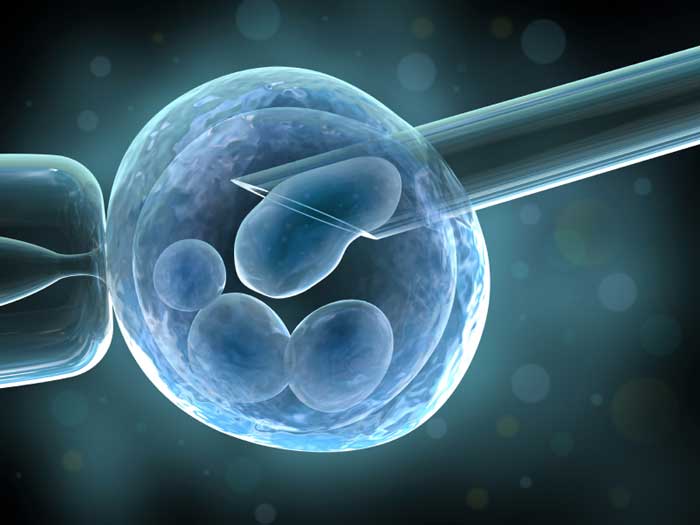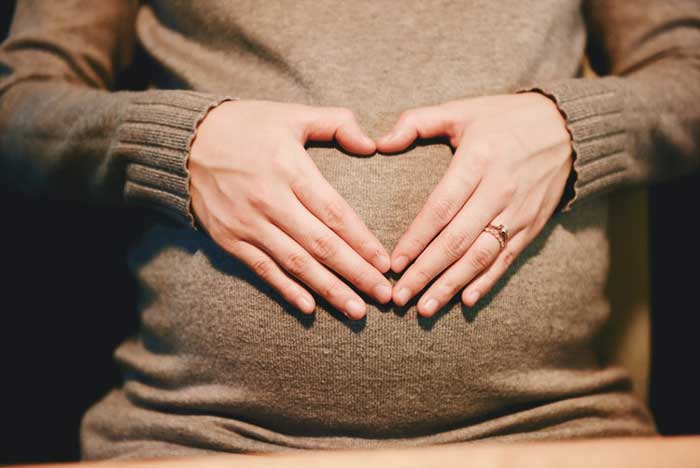Most Common Myths about Egg Freezing
Career or child? Cryopreservation of eggs eliminates the contradiction between the “biological clock” of a woman and her life priorities and desires. This medical procedure swiftly entered not only our lives but also many myths. We will tell you today how to tell these myths from facts.
 1. Egg freezing is applicable only to cases of IVF for the treatment of infertility
1. Egg freezing is applicable only to cases of IVF for the treatment of infertility
Cryopreservation, indeed, is used in IVF. But not only. This is just one side of it. Egg freezing has increasingly been used by modern young women who postpone their motherhood for personal reasons – some are actively engaged in a career, while others do not have a reliable partner.
“Delayed maternity” is a new trend of our time. Any woman aged 18 to 38 years can freeze her eggs and never worry about their future. This became possible due to the new technology of freezing – vitrification, in which the egg immediately turns into a glass structure and completely preserves its viability after defrost.
2. Egg freezing is a maternity insurance
This is really insurance. And not only for those who voluntarily postpone their motherhood because of their careers. Cryopreservation can be relevant for any woman. Ovarian reserve is not durable – every month we lose several eggs, and this is a natural process. But there are factors that can accelerate the decline in natural fertility.
The quantity and quality of eggs are affected by a disturbed hormonal background, endometriosis, ovarian surgeries, abortion, smoking, prolonged use of potent drugs, radiation or chemotherapy, overweight or body weight deficits, and permanent stress.
For women at risk, cryopreservation is a clear way to maintain their own reproductive capacity and avoid the need to use donor eggs in the future.
3. This is a complex process, and it takes a lot of time
The whole process consists of three stages – examination, stimulation of ovulation, and obtaining fetal eggs. Of course, it takes a certain amount of time. The program of examinations includes ultrasound examination of the pelvic and mammary glands, blood tests and swabbing for viruses, infections, hormones, including Anti-Müllerian hormone. This will answer the question what kind of ovarian reserve a woman has. Also, general blood and urine tests, ECG, fluorography, and a physical examination are performed. If there is no contraindication, the reproduction expert will prescribe stimulation.
Absolute contraindications for egg freezing in case of delayed maternity are acute inflammatory processes and severe therapeutic pathologies in which hormonal stimulation cannot be performed, problems with blood clotting, lumps in mammary glands, on the cervix, in the uterus and ovaries. Relative contraindications to cryopreservation of eggs are the age (over 40 years) and low ovarian reserve, in this case, it is better to freeze embryos.
4. With age, the cells get older, their reserve is depleted
In late reproductive age, not every thawed egg can give an embryo. After forty years, cryopreservation of embryos in the framework of the IVF program gives a greater chance of pregnancy. Storage of frozen embryos is no different from storing eggs in a specialized cryostorage (individual cells, bar coding, cryotops).
Stimulation of ovulation is short. On average, it takes 10 days and does not require frequent visits to the doctor. Injections can be performed independently at home. They have a high safety profile (they do not affect weight, they do not approximate menopause, they do not lead to oncology). Before the procedure of collecting eggs, you should limit physical activity and spend a few quiet days.
Collection of eggs is performed in the clinic under intravenous anesthesia and takes no more than 15 minutes. In case of cryopreservation of eggs for the purpose of delayed maternity, the main task is to get as many follicles (ova) as possible – 10-15-20 follicles. This is quite painful and technically difficult. It is undesirable to carry out the procedure under local anesthesia since it involves risks.
Any involuntary movement of the patient can cause injury to the internal organs. An increase in pressure due to stress is not excluded: even if the patient is psychologically adjusted to local anesthesia, she is calm and has a normal pain threshold of sensitivity, she can “worry a lot” during the procedure. Against the background of high pressure, there is a risk of bleeding. Therefore, general short anesthesia is the best option.
Under the control of an ultrasound machine, a doctor makes a puncture of the follicles in the ovaries with a special very thin needle. The obtained liquid (the contents of the follicles) is immediately examined under the microscope by the embryologist, who also reports how many eggs are obtained and sends them to cryopreservation. An hour or two after the procedure, you can leave the clinic and go about your business.
5. Freezing eggs can affect a child’s health.
This is not true. The egg freezing program is absolutely safe and does not affect the health of the offspring.
6. Cryopreservation of eggs is an expensive procedure
If we consider cryopreservation as an investment in our future, the price is not great. In some cases, the payment for egg freezing can be made by the employer under the social guarantees program. Facebook began to pay for freezing eggs of their female employees aged up to 30 years old. If an employee is needed, such insurance is justified – the woman works for the good of the company, but at the same time she knows that she does not sacrifice her motherhood.
7. I won’t be able to get pregnant in another country or another city because my cells are here.
Modern cryobank is not only a storage place. There is also a possibility of transportation. For transportation, special tanks are used, which are made of environmentally friendly durable materials and are able to withstand long-term transportation by land and air. The biomaterial in such tanks is reliably protected from any damage. A barcode is applied to the container, and nitrogen and temperature sensors are also added.



